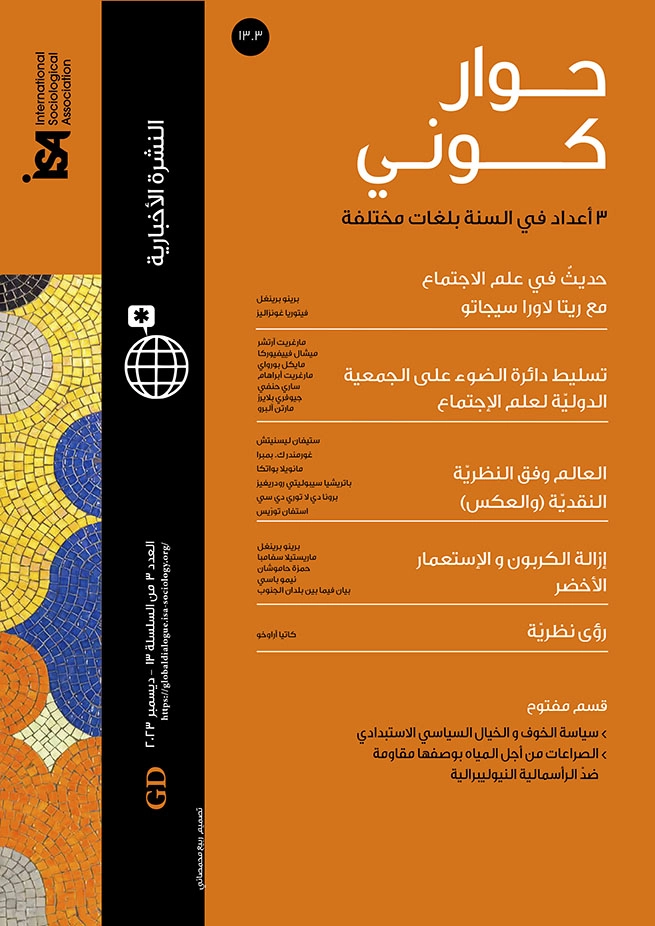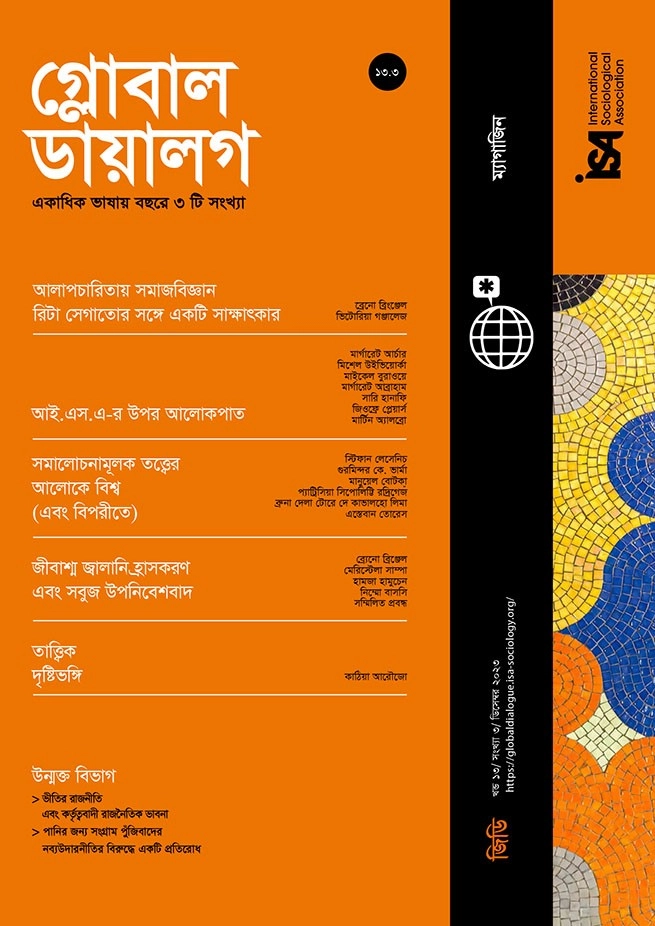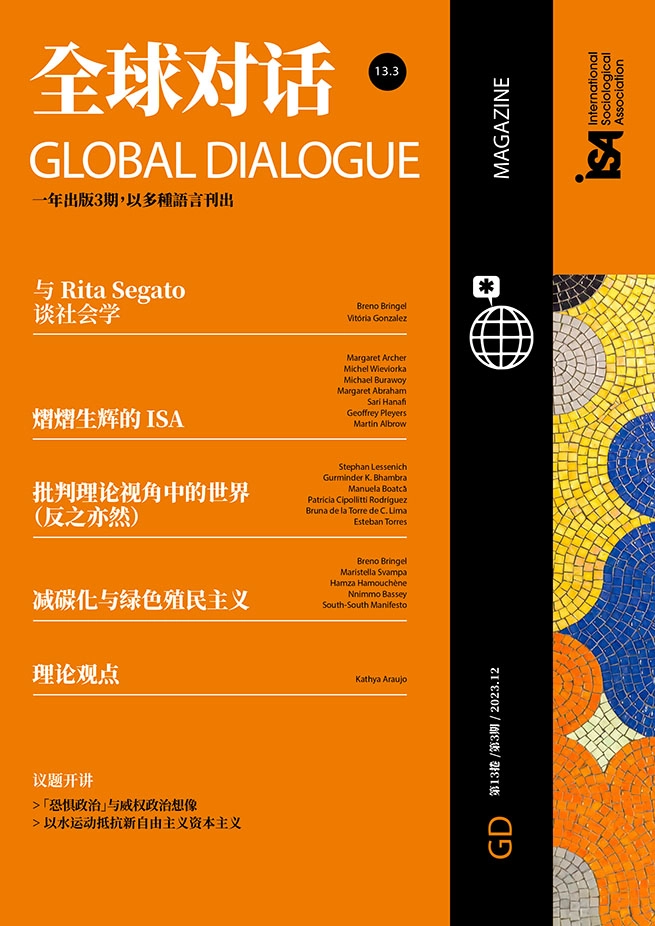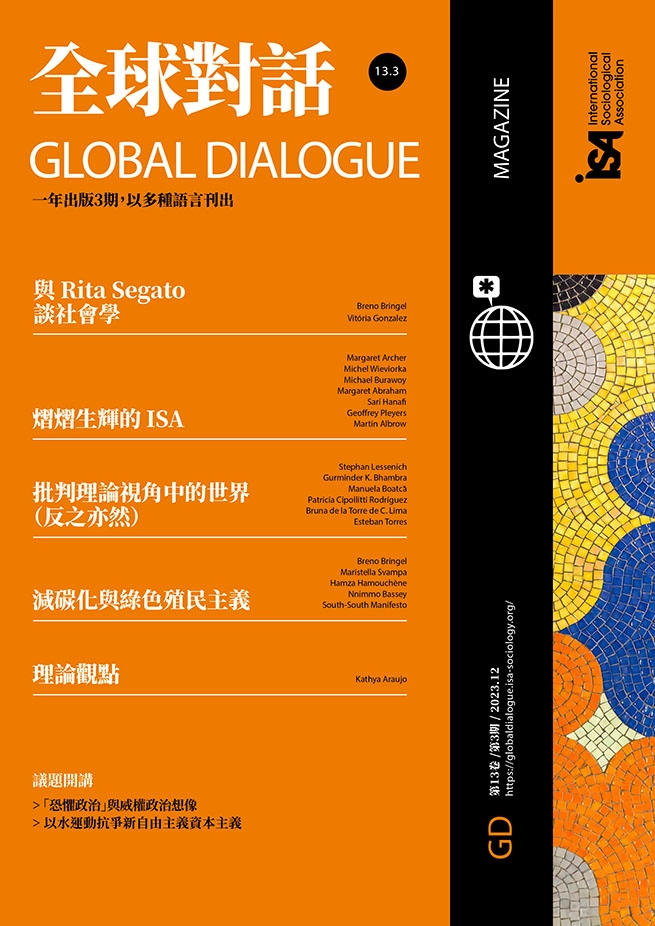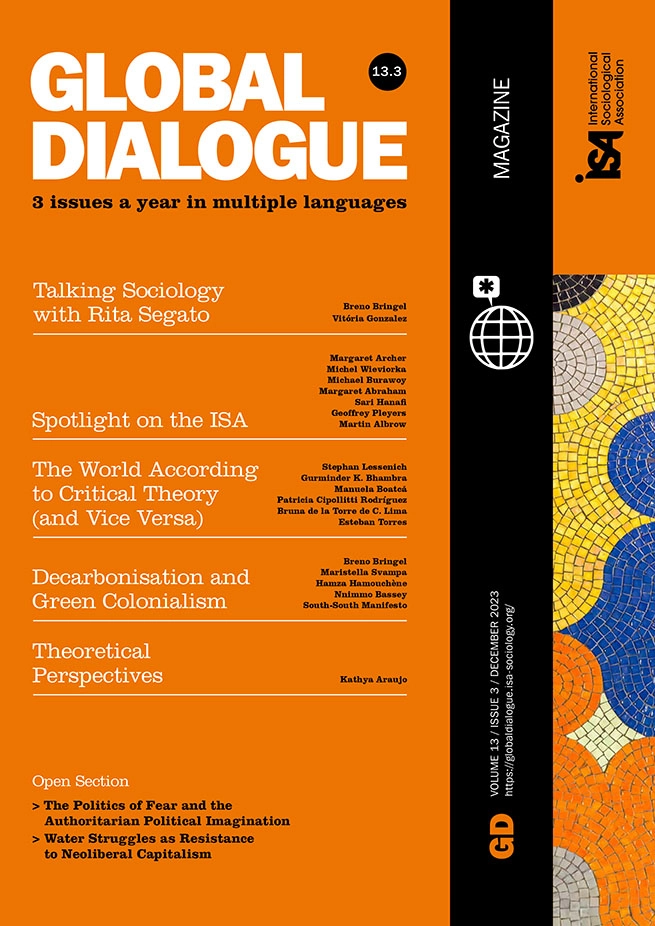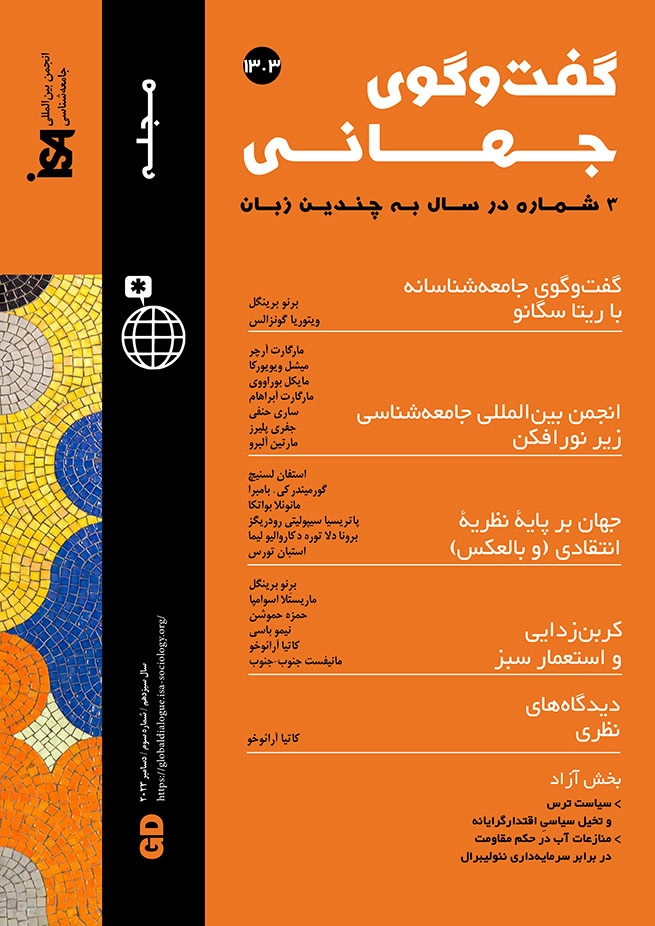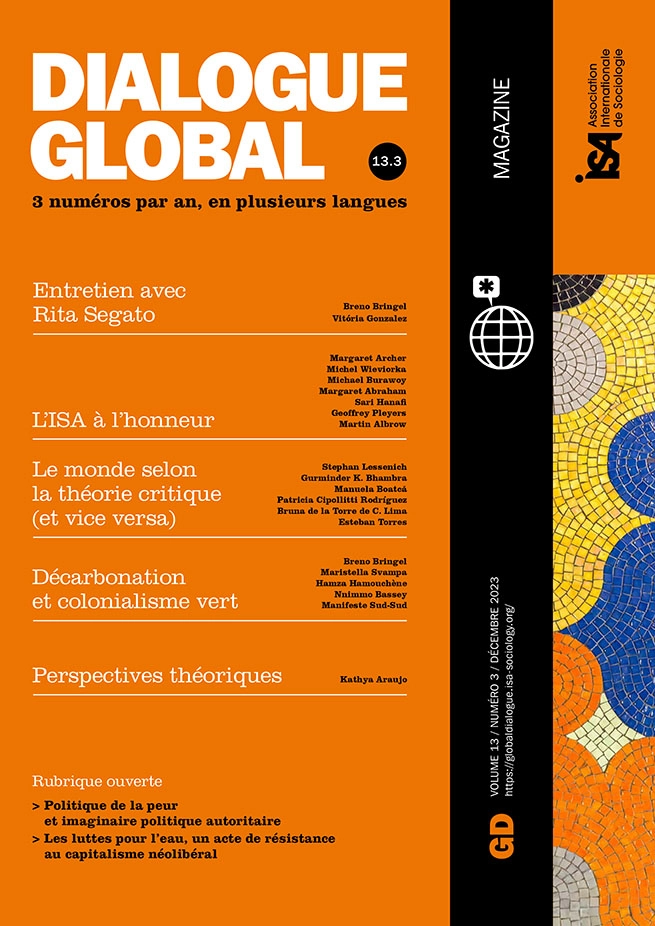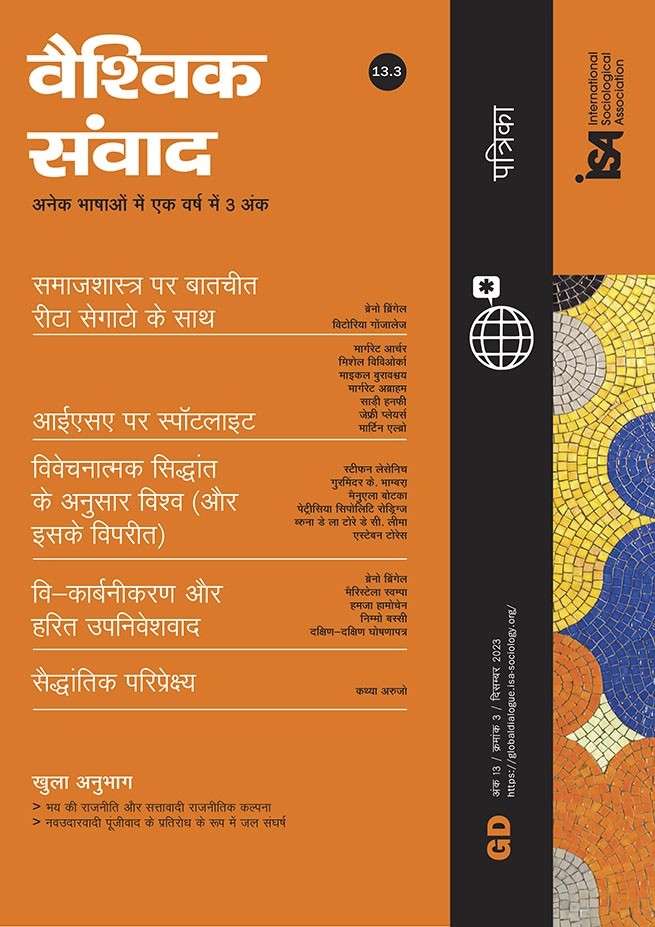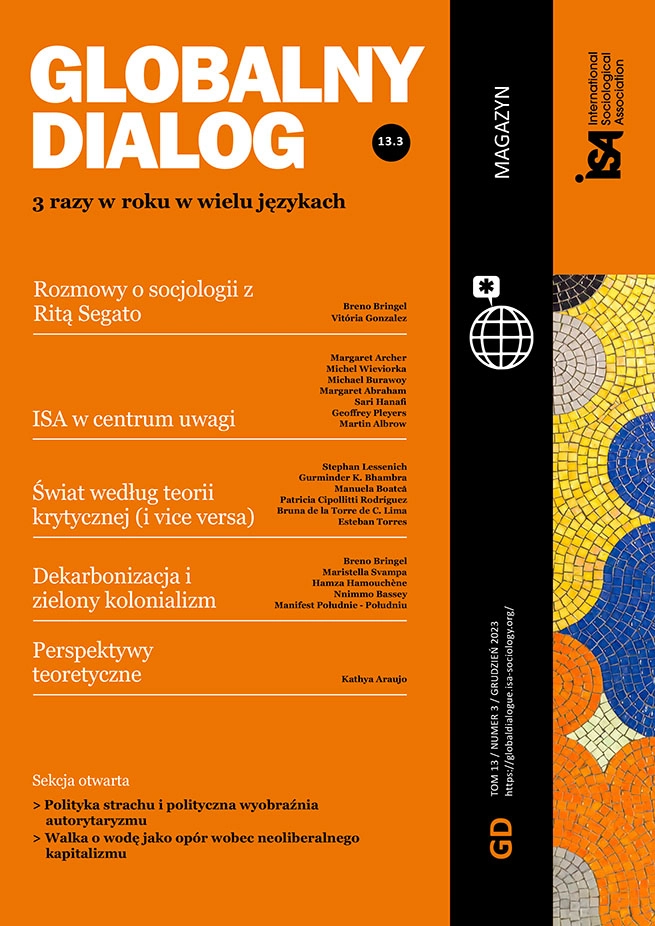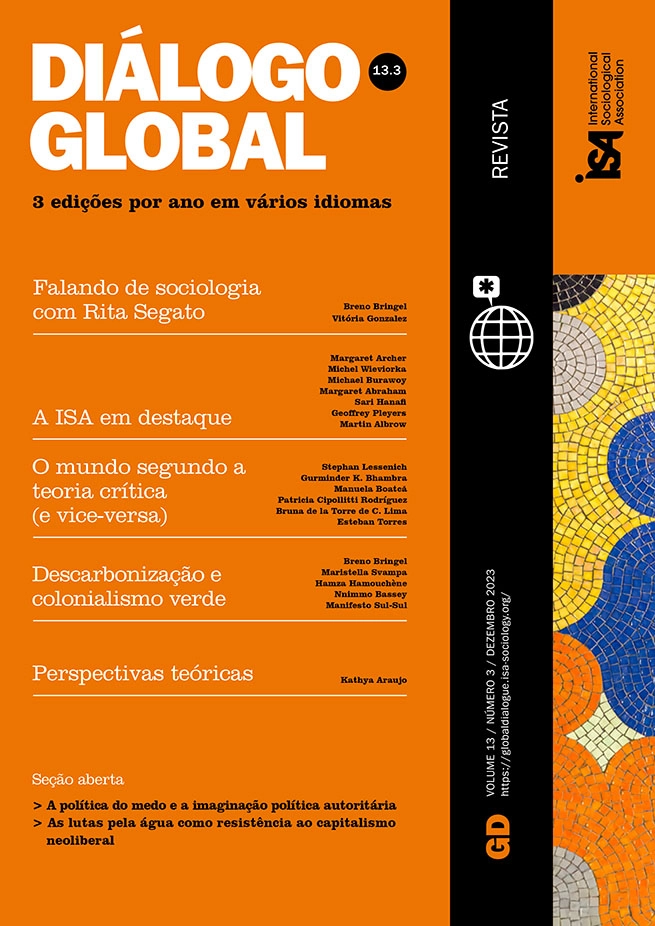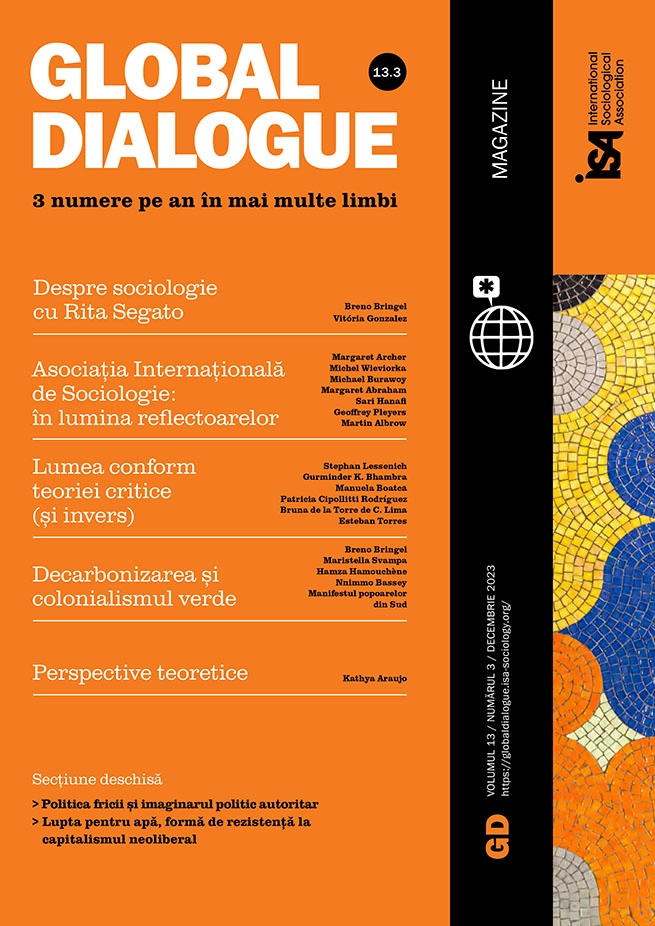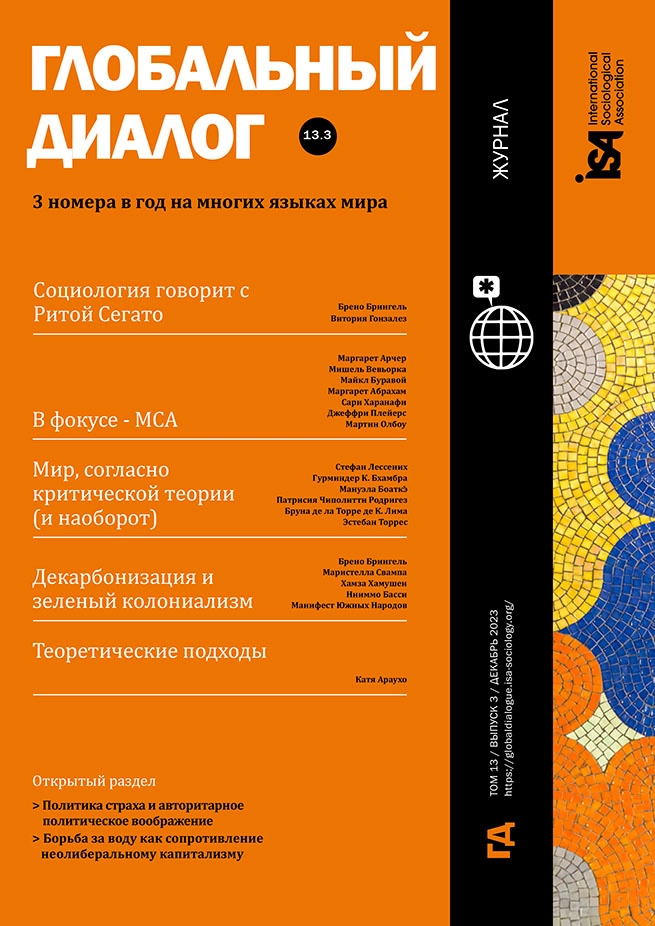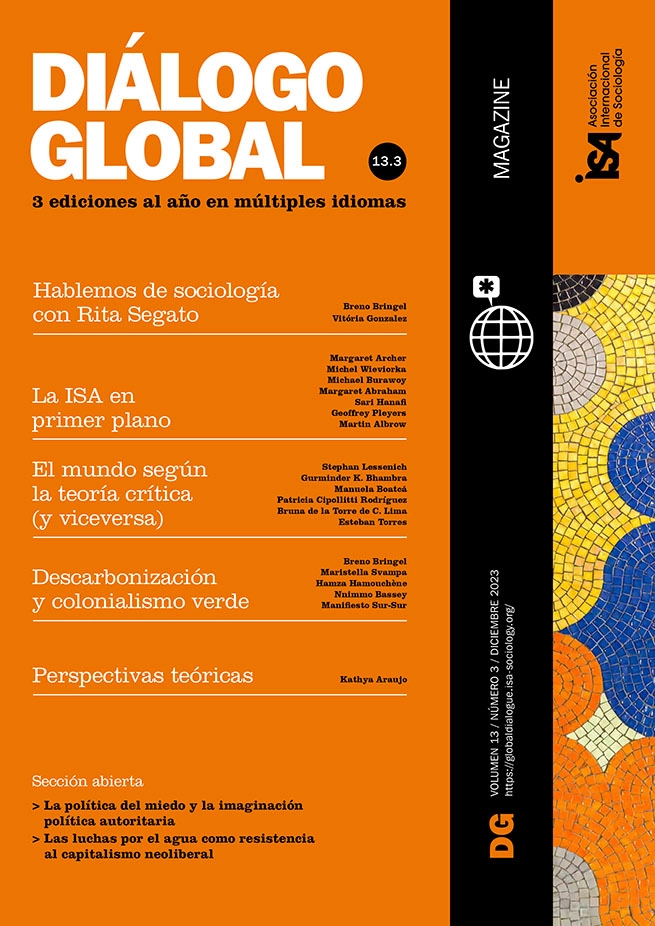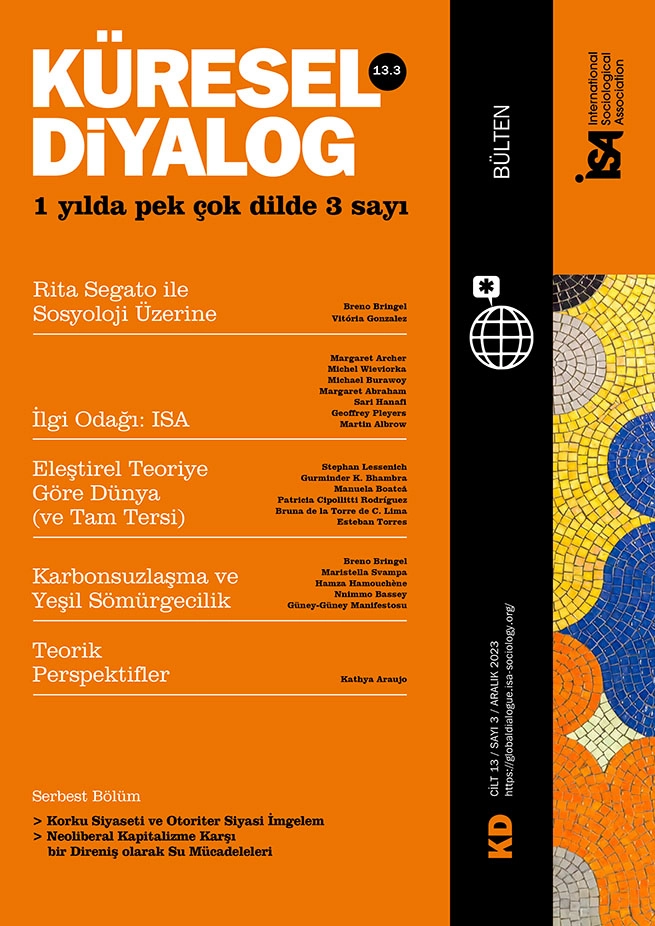The idea of modern capitalism as a distinct socioeconomic formation is common to many different sociological approaches, especially those inspired by the work of Marx and Weber. This also holds true for critical theory, which connects its normative arguments about human emancipation and possibilities to what Nancy Fraser and Rahel Jaeggi (2018) call “a path-dependent sequence of accumulation regimes that unfolds diachronically in history”.
This developmental sequence typically locates the emergence of modern capitalism in Europe in a realm of petty producers disrupting the status hierarchies of feudal social arrangements to create commercial opportunities for profit. What is missed is the colonial context of modern capitalism. For example, the domestic enclosure movement necessary for the creation of a domestic labour market is separated from its overseas manifestation in the appropriation of land and labour. It is also separated from the state-organized political processes of colonialism which that appropriation entailed, and which were a necessary part of domestic production.
In this short contribution, I argue for the need to understand colonialism as being fundamental to capitalism and how it is constituted. I have presented the longer theoretical justification elsewhere. Here I wish to discuss a single instance which embodies my general argument. It reveals how understandings of capitalism that are represented within the social sciences, including critical theory, are Eurocentric and involve the elision of colonialism.
A cotton industry without cotton
In the mid-nineteenth century, the success of the cotton industry in Manchester, associated with the deployment of labour via technological improvements in spinning and weaving, transformed a small provincial town into a global city. This ensured Manchester’s almost iconic centrality within the Industrial Revolution and thus its central status within understandings of capitalism.
As Utsa Patnaik pertinently asks: How did a country that did not produce the raw material – cotton – base its industrial revolution on cotton textiles? Cotton is a plant that is native to India, not to Britain or even to Europe. Cultivating cotton and the manufacture of cotton textiles go back 5,000 years to the Indus Valley civilisation; India had long been an exporter of cotton textiles across much of the world.
In the 1600s, the English East India Company began importing significant quantities of cotton textiles from India. In the late seventeenth century, the popularity of the novel textile led the woollen cloth merchants to petition the government for a complete legal ban on its sale and consumption; even “burial in anything other than woollen shrouds [was made] illegal” . Such policies continued till the late eighteenth century, protecting the wool trade but creating the conditions for a domestic cotton industry.
Historical and sociological neglect
This 150-year period of protectionism, organised through mercantilist policies targeting Indian textile imports, was the context in which Manchester’s cotton industry was able to get going and then to flourish. As Patnaik argues, however, this is not mentioned by any major historian, in Britain, of the industrial revolution and technical change: not by Deane and Cole, or by Landes, or Hobsbawm, or Floud and McCloskey, or Hill; nor is it then mentioned by sociologists interested in the emergence of the modern world or issues of political economy.
From having had a 25% share of the global market in the early eighteenth century, based significantly on its trade in finished textiles, British colonial policies had reduced India to becoming a supplier of raw cotton to British industry by the end of the nineteenth century. Indian manufacturing was systematically destroyed, as were Indian livelihoods and the lives that depended on it.
Alongside this, the British also made use of cheap raw cotton produced by enslaved and coerced labour on plantations in the United States. Cotton plantations, however, were not only to be found in the southern states of the US but also, in the nineteenth century, across India and in West Africa. In the 1840s, for example, the Manchester Chamber of Commerce and the newly set up Cotton Supply Association lobbied the colonial government in India to privilege the cultivation of ‘New Orleans’ varieties of cotton over indigenous cotton in order to serve British manufacturing.
The emergence of capitalism from colonialism
So as we can see, the industrial strength of Britain did not rest on an endogenous Industrial Revolution. It involved the systematic destruction of manufacturing in India, the establishment of a global plantation economy based on coerced and enslaved labour, and the forced opening up of markets for the sale of its goods. Therefore, colonialism has to be understood as integral to developments seen as industrial and which are regarded as the basis for the subsequent emergence of capitalism.
The forms of appropriation involved in such processes cannot be understood simply as the appropriation of surplus value from labour (whether free or unfree): instead we need to seriously consider the appropriation of land and the destruction of commerce and manufacturing elsewhere.
There is no transformation without understanding
The reason why such a reorientation is necessary is that most critical approaches to capitalism focus on the possibilities of resistance contained within the capital–labour relation. It is this which tends to be taken as the key to capitalism’s transformation. Thus, distributive justice directed at the surplus generated by labour and misappropriated by capital neglects other forms of misappropriation; forms that are long-standing and central to the very configuration of capitalism.
Gurminder K. Bhambra, University of Sussex, United Kingdom <G.K.Bhambra@sussex.ac.uk>




